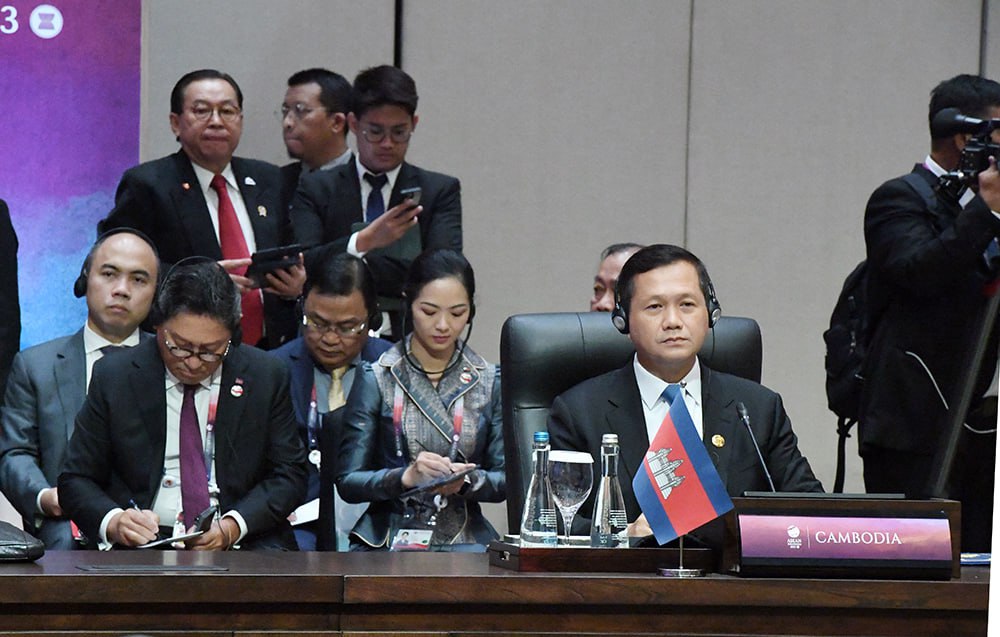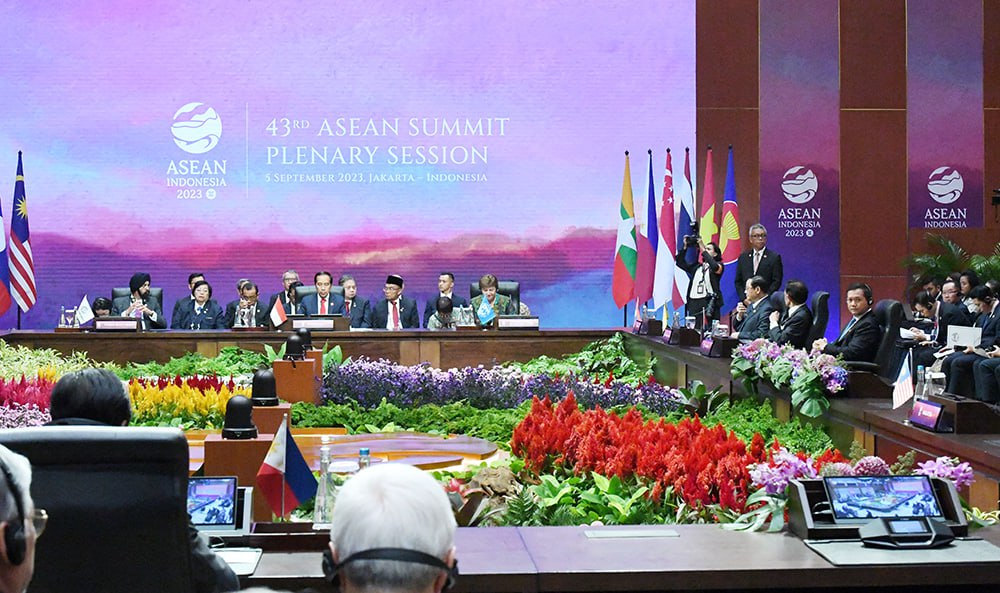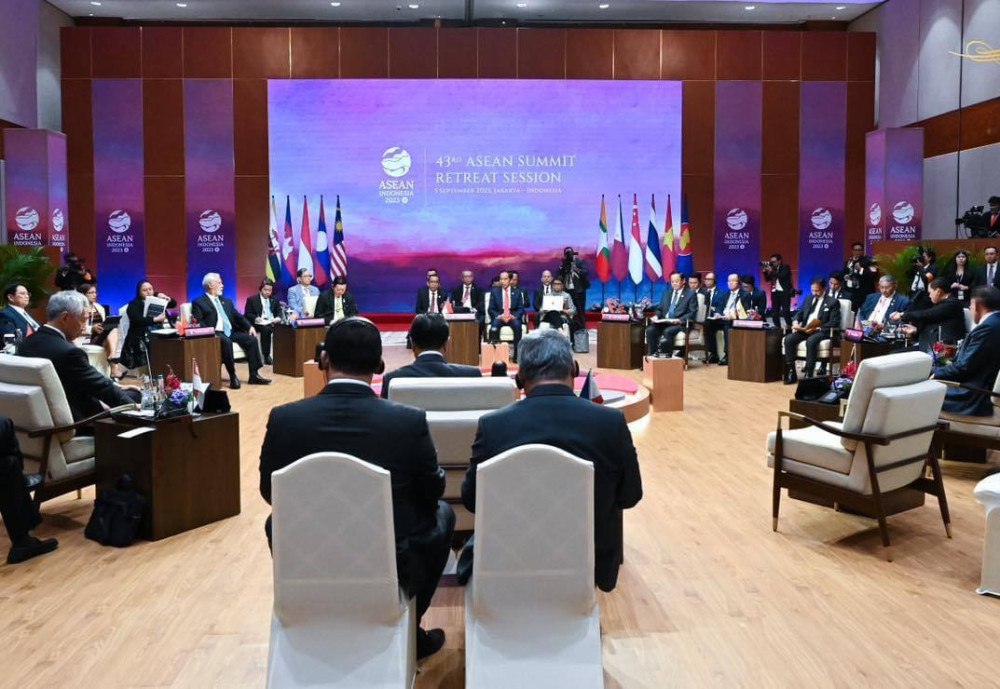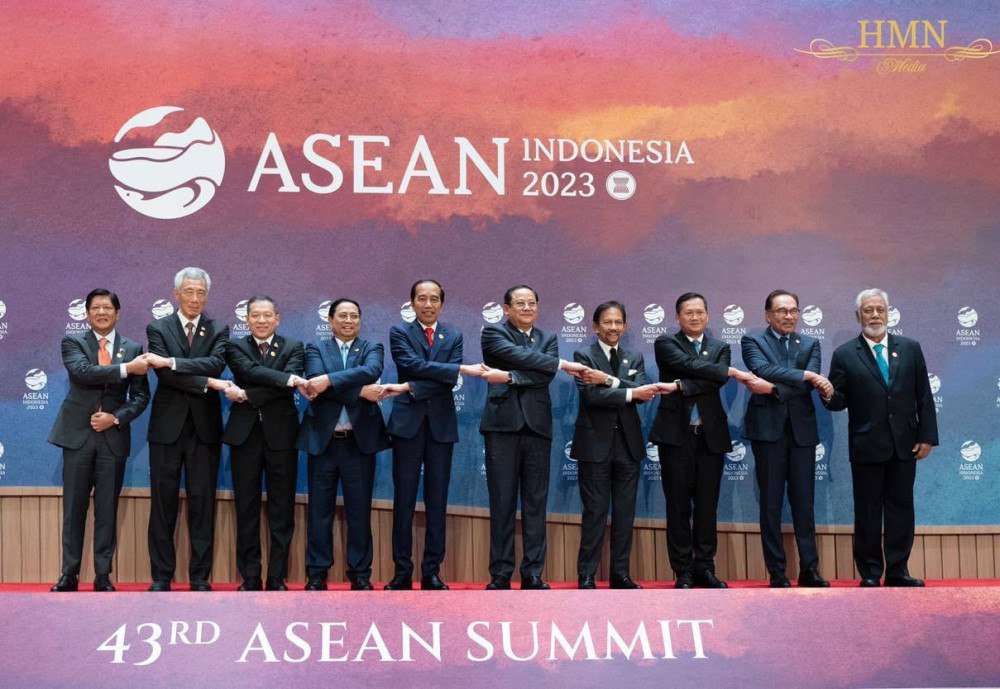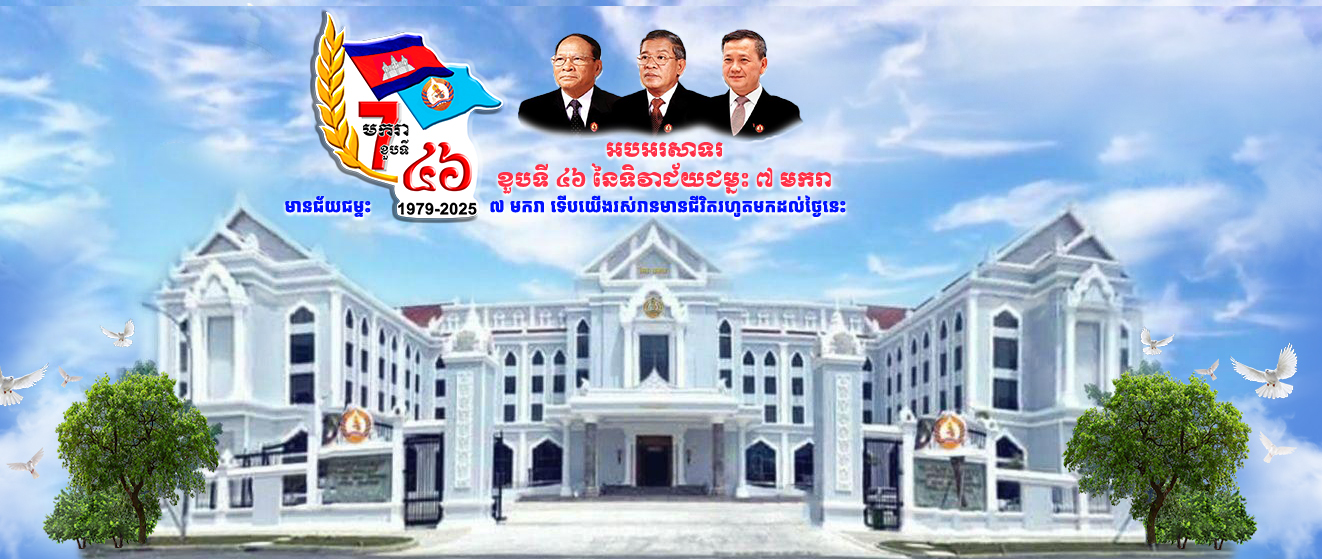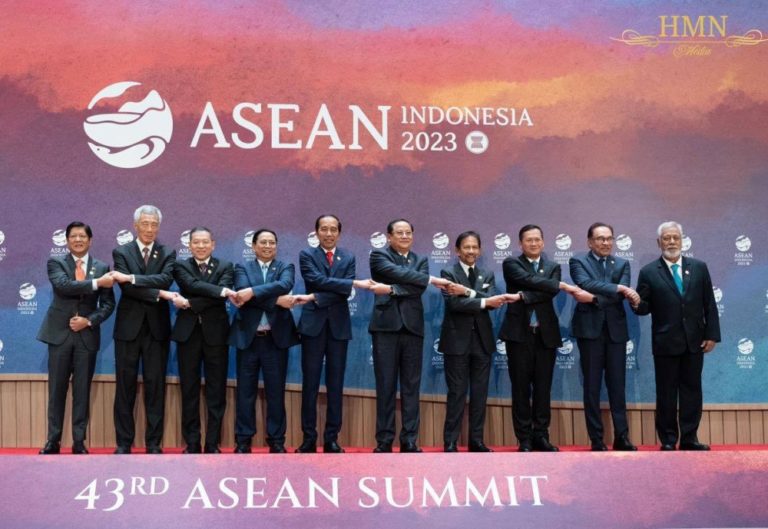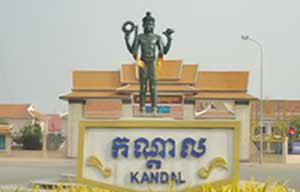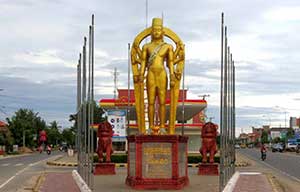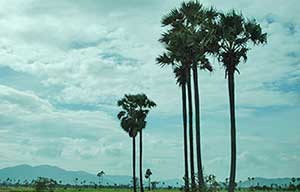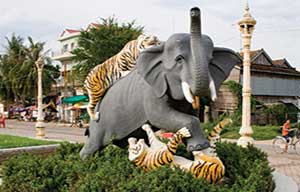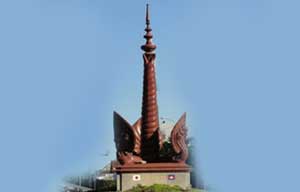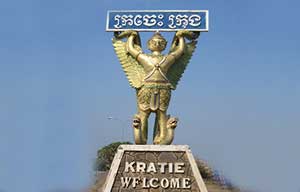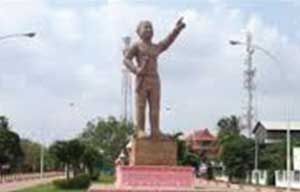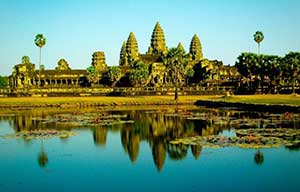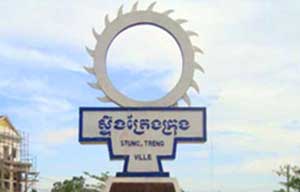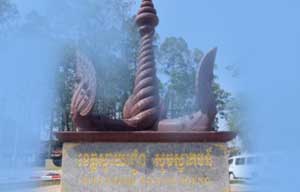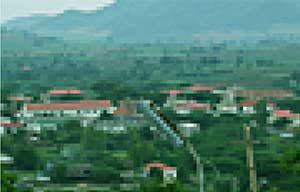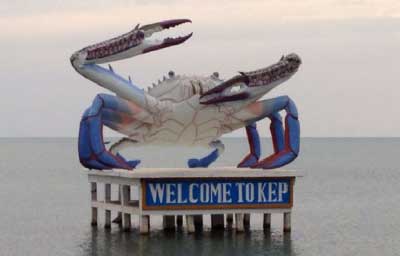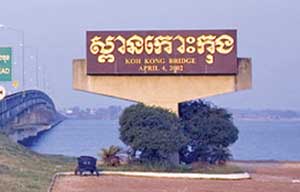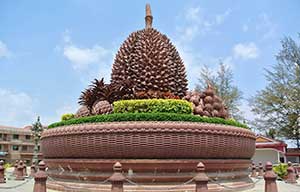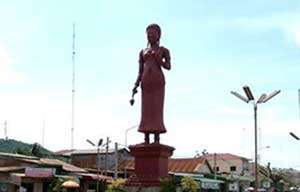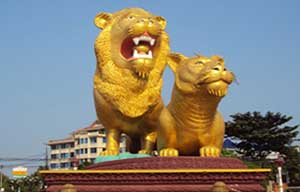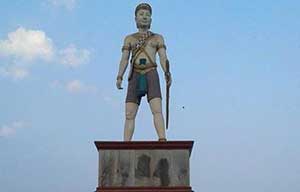The ASEAN Heads of State/Government adopted a number of important documents to boost their economic growth, ensure food security and boost digital economy, at the end of the Plenary Session of the 43rd ASEAN Summit in Jakarta, Indonesia this morning.
The adopted documents include the ASEAN Leaders’ Declaration on ASEAN as the Epicentrum of Growth, ASEAN Leaders’ Declaration on Strengthening Food Security and Nutrition in Response to Crises, Leaders’ Statement on the Development of the ASEAN Digital Economy Framework Agreement (DEFA), ASEAN Blue Economy Framework Agreement and draft of ASEAN Community Vision 2045.
In his address to the plenary session, Cambodian Prime Minister Samdech Moha Borvor Thipadei Hun Manet raised concerns about the escalation of geopolitical tensions, making it difficult for some countries to find a neutral point with inclusiveness, cooperation and peaceful coexistence.
In this sense, he added, ASEAN must be able to anticipate, prevent and mitigate the impact of crises through the use of special roles of the ASEAN Summit, and as a top policy-making body in accordance with the core principles of consultation and consensus, ASEAN can take decisive and timely action on urgent and important issues. To become the centre of global growth, ASEAN needs to find new sources of robust and crisis-resilient growth, including digital transformation, green transition (blue economy and innovative economy).
In the afternoon, the ASEAN Heads of State/Government attended the Retreat Session to exchange views on the evolving situation in the region and the world.
The reports of the International Monetary Fund (IMF), the World Bank (WB) and the ASEAN Secretariat presented at the Plenary Session show that although the global economic situation is deteriorating due to the COVID-19 crisis and wars as well as tensions in some regions, ASEAN remains the light of global economic growth by achieving an estimated 4.6 percent GDP growth in 2023, equivalent to some US$3.6 trillion, or about 10 percent of the world’s GDP, making the bloc the world’s fifth largest economy.
Anyway, representatives of the IMF and WB urged ASEAN for institutional reform and strengthening of investment in employment, youth, education, digital technology, and any growth that ensures sustainability.
